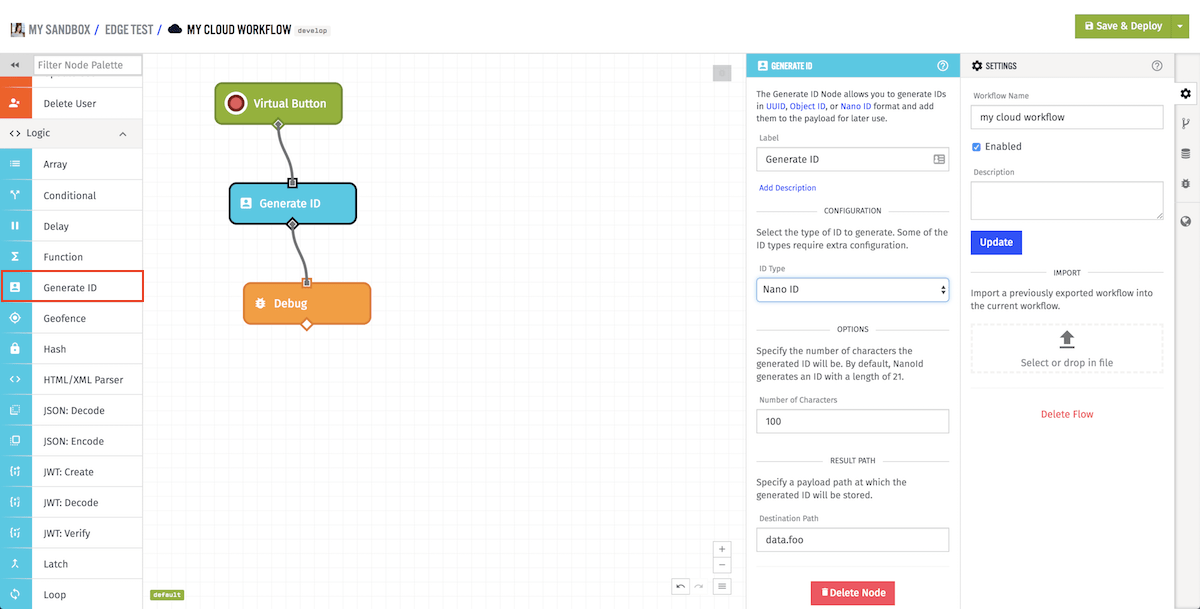

* clock_seq_hi_and_reserved to zero and one, respectively. * Set the two most significant bits (bits 6 and 7) of the $time_hi_and_version = $time_hi_and_version | 0x4000 $time_hi_and_version = $time_hi_and_version > 4 $time_hi_and_version = hexdec($time_hi_and_version) * time_hi_and_version field to the 4-bit version number from * Set the four most significant bits (bits 12 through 15) of the $node = bin2hex(substr($randomString, 10, 6)) $clock_seq_hi_and_reserved = bin2hex(substr($randomString, 8, 2)) $time_hi_and_version = bin2hex(substr($randomString, 6, 2)) $time_mid = bin2hex(substr($randomString, 4, 2)) $time_low = bin2hex(substr($randomString, 0, 4)) $randomString = openssl_random_pseudo_bytes(16) My answer is based on comment uniqid user comment but it uses openssl_random_pseudo_bytes function to generate random string instead of reading from /dev/urandom function guid() With PHP 7, generating random byte sequences is even simpler using random_bytes(): function guidv4($data = null) The following approach generates 128 bits of random data using openssl_random_pseudo_bytes(), makes the permutations on the octets and then uses bin2hex() and vsprintf() to do the final formatting. clock_seq_hi_and_reserved (bit 6 & 7 of 9th octet)Īll of the other 122 bits should be sufficiently random.time_hi_and_version (bits 4-7 of 7th octet),.

You should also use a better random number generator than mt_rand().Īccording to RFC 4122 - Section 4.4, you need to change these fields: Instead of breaking it down into individual fields, it's easier to generate a random block of data and change the individual byte positions. I was hoping someone with more knowledge than me in this area could lend me a hand and help me fix this function so it does adhere to that rule. This is where the functions fails as it doesn't adhere to that. This function generates a valid v4 UUID up until one area. My knowledge in hex, decimal, binary, PHP's bitwise operators and the like is nearly nonexistent. This is the closest I've been able to come. Return (((1 + Math.random()) * 0x10000) | 0).toString(16).So I've been doing some digging around and I've been trying to piece together a function that generates a valid v4 UUID in PHP. The following table lists the currently-defined versions for variant 2 UUID also known as RFC 4122/DCE 1. then call your method, in your case, call uuid () and voila You can see the results Sample uuids generated by your code: 7fc76c58-54b3-4e03-a743-64905a56a0bb. The version field bits are the most significant 4 bits of octet 6 of UUIDs. go to Tools -> Developer Menu (or use specific Windows/Unix shortcuts to get here) go to Console. This method will remove a given id from the stored ids' array. The type of UUID is determine by the version field bits. This method will generate and return a unique id as a string This is a list of all unique ids stored in the service to ensure uniqueness. If you fail to remove the id when the component is destroyed, they the ids array will get very large. We do our best to make the tools and API intuitive and easy-to-use. You must generate a new id in the ngOnInit method and remove that id in the ngOnDestroy method. Thanks for using This site provides a free tool and API for generating UUIDs on-the-fly. There are one public property and two public methods.

Each time an id is generated, it is checked against all of the other ids to ensure that it is unique. I have created an Angular ID Service that keeps track of all of the ids that I have generated throughout the project. I know that this might help some users out there.


 0 kommentar(er)
0 kommentar(er)
